Whether it be for creating a safer environment, allowing caregivers to take advantage of a connected smart home, or to support with daily tasks from a distance, technology can be used to assist vulnerable loved ones living with Alzheimer’s, and for those who care for and support them. Using technology or having a connected smart home can help caregivers and the person living with Alzheimer’s with everyday life.
Alzheimer’s disease is a physical disease that affects the brain. For most people, early signs of Alzheimer’s will include memory difficulties, as well as trouble recalling events and learning new information. According to Alzheimer’s Society UK, as the disease progresses, memory problems will usually affect someone’s daily life more and they may lose items around the house, get lost in familiar places or forget important dates.
For this reason, maximising independence is one of the main reasons caregivers want to use technology to assist with their loved ones. Using technology to assist someone living with Alzheimer’s can help with various things in their daily life, including:
- Memory problems and daily activities
- Keeping safe
- Socialising and doing things they enjoy
- Safer walking
Alzheimer’s can be distressing and overwhelming for both those living with the disease and those who support them. However, within this article, we aim to highlight how technology can help someone living with Alzheimer’s stay independent and what tools have been found to help improve the quality of life for all involved.
What technology can help someone living with Alzheimer’s?
There are numerous devices which can help someone living with Alzheimer’s. Below we have outlined various technologies for things like memory problems, daily tasks, health and safety, and safer walking.
Memory problems and daily tasks:
To help with everyday life and manage the symptoms of memory loss, there are a number of technological devices that can help. These devices typically work by giving a visual, verbal or audible reminder to do something. From devices that can set verbal prompts for someone to take their medication to a locator device to help them find things often misplaced, these solutions could help people living with Alzheimer’s get through their day much easier.
To give an example, if your loved one tends to misplace items such as their keys or phone, installing a tile item tracker to items which tend to go missing, will allow you to locate where they are throughout the day via an app on your phone.
Voice-controlled virtual assistants, such as Amazon Alexa or Google Assistant, can also play an important role in helping to complete daily tasks and are useful for lots of different purposes. By using artificial intelligence, virtual assistants recognise your voice to listen for commands or questions, such as asking what the weather is like or to play music. Additionally, voice assistants can be programmed to remind your loved ones of appointments or important dates, prompt them to take their medication, or and even to set timers and alarms. Various smart speakers come with voice assistant’s built-in and allow users to use their voice to operate the device. It’s possible to control the TV, central heating and much more with the use of additional equipment, such as smart thermostats.
The following devices have been found to be useful for those struggling with memory problems:
- Tile item trackers to find missing items
- Voice-controlled virtual assistants
- Talking and atomic clocks
Health and safety:
As advances in technology continue to develop, caregivers can take advantage of these technologies to support them in caring for vulnerable loved ones, by preventing injuries, unexpected exits, and ensuring they are safe.
In particular, a connected smart home can play a major role in alleviating stress by providing help and peace of mind for caregivers. Smart home technology, such as smart thermostats and motion sensors, can help to provide a safer and more secure environment for loved ones, whilst supporting anyone living with the challenges of caring.
A great tool for caregivers wanting to keep a watchful eye on their loved one’s safety is to install a home security camera. These cameras easily connect to your smartphone to provide you with the ability to monitor your home 24/7. Smart home cameras often include a two-way communication feature meaning you will also be able to talk to your loved one or they can call out to you, at any time. A home security camera will ultimately allow you to check up on them or see if they need any assistance from afar.
Other devices which may help with the health and safety of someone living with Alzheimer’s, include:
- Automatic locking pill dispensers
- Smart thermostats
- Smart plugs, switches and sensors
- Home security cameras to monitor loved ones from afar
- Medical alert necklaces that patients can wear
Safer walking:
As stated by the Alzheimer’s Association, some people living with Alzheimer’s may feel the need to walk about. This exposes people with Alzheimer’s disease to a significant risk of getting lost outside their home. Different technology may be used to help people live more independently and ensure they are safe when leaving home. Devices such as motion sensors for window and doorways can alert carers to the fact that their loved one has moved outside a certain area.
To ensure your loved one doesn’t go on walkabouts without you knowing their location or if they are safe, there are a number of technologies which you can use to make sure these things don’t happen. These include:
- Motion window and door sensors
- GPS trackers
- Tile item trackers to find your loved one
Using technology appropriately
It is extremely important to note that technology should only be used appropriately and not to replace things like face-to-face interactions, as it’s essential to stay in touch with other people for your wellbeing. Although these types of devices could never replace human contact, they may provide assistance when carers, family or friends aren’t around.
If you are ever unsure as to whether or not utilising technology is suitable for yourself or for the person who you are caring for, it may help to speak to a professional or take a look at the information provided on the Alzheimer’s Society website.
Have you found any technological devices which help to improve the quality of life for those living with Alzheimer’s? Let us know your tips in the comments section.


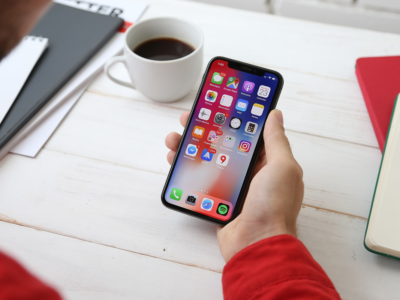
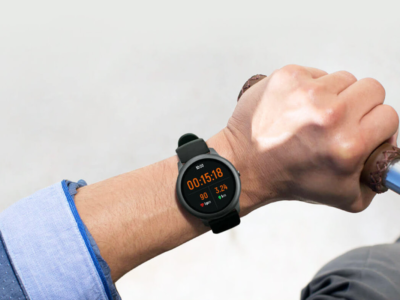

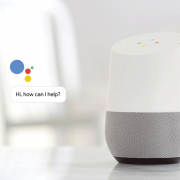



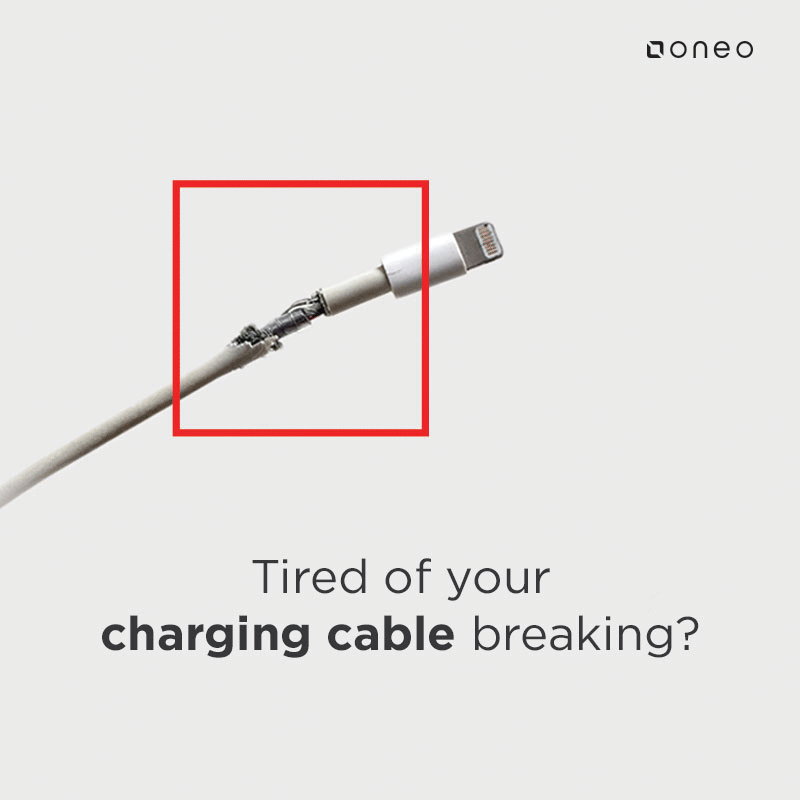
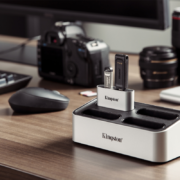
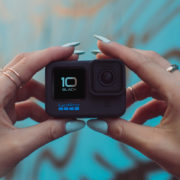
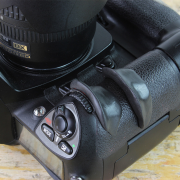


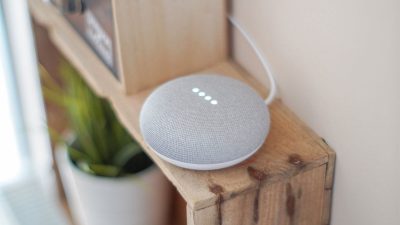
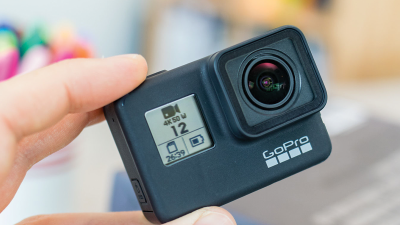
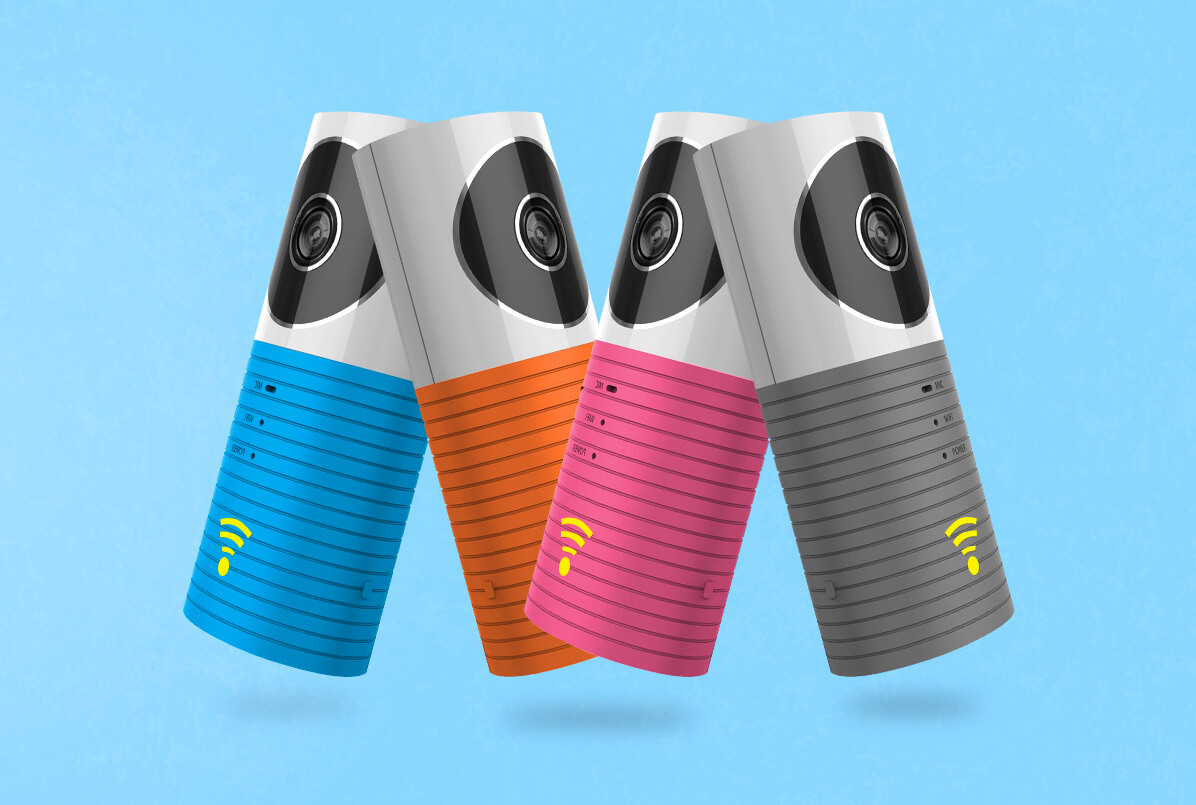

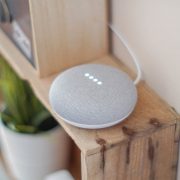
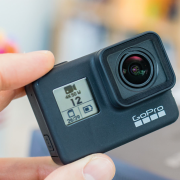
Comments